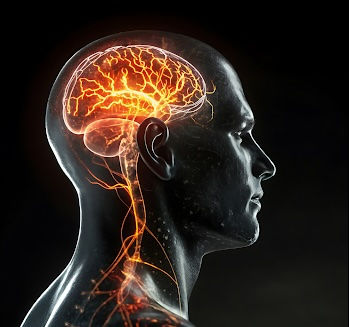Mast Cell Activation Syndrome
- Marcia Cristiane Perretto

- Dec 9, 2020
- 2 min read
Updated: Jun 28, 2024

Mast Cell Activation Disorder is something that the majority of EDS/HSD patients come across at some point or another. But what are mast cells? Mast cells are key workers in your immune system, and tell your body when to respond to things that shouldn’t be there. But if your immune system doesn’t work correctly, mast cells can cause different kinds of problems ranging from itchy skin to nausea.
There are some studies that have explored the correlation between MCAS and EDS/HSD, and research papers appear to support the link between the two. One proposition is that the faulty collagen that surrounds the cells called the Extracellular Matrix traps the mast cells, altering their behavior.
The symptoms of MCAS are very different from patient to patient, most likely because of the genetic differences in each person. Symptoms can include itching, redness, damage to skin, abdominal pain and diarrhea, and lightheadedness. And these symptoms can be triggered by different things: alcohol, heat, drugs, surgeries, stings, and fevers, just to name a few.
There is really no “cure” for mast cell activation disorder, instead being cautious of what you put into your body is the best prevention of flare ups. In addition, taking H1 and H2 antihistamines can also help lower the risk of flare ups.
If you suspect you have MCAS based on symptoms you’re experiencing, It’s important to visit your doctor. They will be able to diagnose you with a few tests or by ruling out other similar conditions.This Content is not intended to be a substitute for professional medical advice, diagnosis, or treatment. Always seek the advice of your physician or other qualified health provider with any questions you may have regarding a medical condition.
.png)






Comments